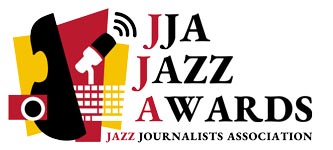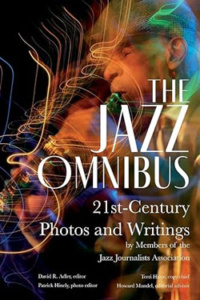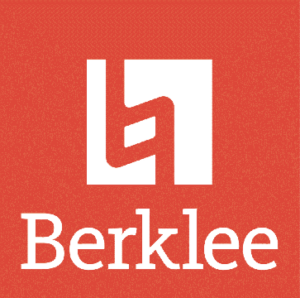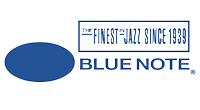Guelph Jazz Hero
Ontario, Canada
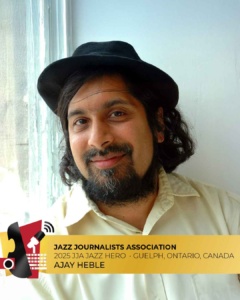
Who would build a hub of improvised music in a small community best known for agricultural studies and craft beer brewing?
To put things in a relatable geographic context: Imagine the odds against starting a creative music festival in Thousand Oaks — the 100,000-population community 40 miles northwest of Los Angeles — and building it to the point where it frequently outweighs the jazz festival staged in its much-larger neighboring metropolis.
That’s merely one accomplishment in the 40-plus year career of Ajay Heble, founding director of the Guelph Jazz Festival and Colloquium, an annual highlight of life in a city best known as a Toronto bedroom community.
Beginning in 1994, he was instrumental in building the event into an annual showcase of international significance, featuring headliners such as Myra Melford, Evan Parker and Charles Lloyd, as well as dozens of other improvisers from around the world.
Outside of the festival, Heble has developed an illustrious academic career, publishing 15 books, co-founding the journal Critical Studies in Improvisation, and pioneering the University of Guelph’s International Institute for Critical Studies in Improvisation, which he led until 2024, retiring after the opening of a dedicated physical on-campus space for Institute activities.
A pianist, Heble has performed and recorded with artists as diverse as Pauline Oliveros, Lori Freedman and Rich Underhill. In 2023, Heble was awarded the Killam Prize in the Humanities, one of Canada’s most distinguished research awards, and the following year he was inducted as a Fellow of the Royal Society of Canada. He wears these honors as lightly as his trademark beret; he’s soft-spoken but cool, wise, a great listener, insightful, with a warm sense of humor.
As a longtime colleague — Jesse Stewart, head of music at Ottawa’s Carleton University — summarized Heble’s contribution: “I remember him saying he wanted to start a jazz festival in Guelph, one that would focus on experimental forms of jazz and creative improvised music. I couldn’t imagine how a festival with such a niche programming focus could survive, (but) it thrived, thanks in large measure to the extraordinary artistic vision, dedication and hard work Ajay put in for over two decades, building it into one of the premiere events of its kind in the world and significantly impacting the musical and cultural landscape.”
That larger landscape is always part of Heble’s purpose. In a biographical sketch, Ajay said he is “fueled by hope; hope that a better world is possible, and that the arts can play a vital role in building sustainable communities, promoting social co-operation, and adapting to unprecedented change.”
Those words could also serve as an apt description of what Jazz Hero Ajay Heble has founded in the midst of rural Southern Ontario, with reverberations across all borders one might imagine.
— James Hale

